Over the course of hundreds of conversations about relationships, Iona Lawrence identified a shared challenge around measurement: We don’t know how to measure relationships or whether the game of measurement is futile.
In this blog, we seek to kickstart a generative conversation around the question of how we capture the added value of a relationship-centred approach, and whether this is a useful pursuit. We’d love to hear your experiences, challenges and ideas.

We are collectively in a place where the question of how best to measure or value relationships is deeply contested. For some people measurement is the most important shared challenge anyone interested in relationships has: if we can get better at consistently measuring the impact of relationships we might be able to nudge the skeptics away from believing that relationships are ‘fluffy’ or a nice extra.
Yet for others the act of measuring the value of relationships on terms set by funders or commissioners can threaten the very essence of them.
Wherever you are, a huge amount of energy is poured into the question of how we articulate the value of relationships, and this is threatening our resolve.
Let’s open up the question of how we measure relationships and see whether, together, we can make some progress.
What?
What are we trying to measure or assess when it comes to relationships? Why? What and who are we doing this for?
1. Relationships themselves: sometimes, we might want to measure relationships themselves, whether individual relationships or networks of relationships. We may seek to understand where they are strong, where they are weak, where they are missing. Doing so will help us to see where our relationships need a little nurturing, and where bridges need to be built.
2. The added value of relationships: we might want to measure the outcomes of good relationships or relationship-centred ways of working. Doing so would help us to demonstrate the things good relationships enable us to achieve (better health, greater happiness, higher grades etc) and prove the value of relational work to skeptics and non-believers.
3. Relational practice: at other times, we might wish to look inwards at our practice to assess the extent to which our methods, culture, values and approach enable good relationships to thrive. Doing so would help us improve our relational practice.
What are you seeking to measure when it comes to relationships? Why? Who is the assessment for and what do you hope it will achieve?
How?
How should we go about trying to measure relationships? What are the risks and challenges? What approaches work best or have potential? Where can we look to for inspiration?
Too many commissioning contracts require the completion of impact surveys which, in their deficit-based questioning, can strip people of their agency rather than recognise the power in people’s stories. Too many loneliness measures are academic, remote and cold. Many of these tools perpetuate division and isolation, rather than measure it, much less solve it.
How do you approach measurement and evaluation? Which methods seem to work well and which don’t?
To what end?
How do we then bring what we find and learn about the value of working in relational way together to tell a compelling story and convince others that this is the road we must all travel?
One critical task is not simply to commission new evidence to fill the gaps, but to pull the evidence together better. There’s a job to be done to distill existing evidence sets and disseminate knowledge that emerges in a more coherent and confident way
To strengthen our case we need to double down on the ‘so what’ of relationships. We must surface the evidence of the longer term impact of good relationships. What do good relationships mean and achieve in the long run?
What difference do strong and meaningful relationships make in your organisation or community? What do they enable you to achieve which would’t otherwise be achieved?
Join us
On Tuesday 8th June we’ll be exploring these questions in an open conversation. Together we’ll:
- Share what we’re trying to measure when it comes to relationships
- Explore the challenges and key considerations of measuring relationships
- Share ideas and approaches to doing so in a sensitive, human-centred way
We’d love it if you’d join us.
Read more

Developing the Framework: An update
In brief In July, we published 'Developing the Framework'; an extended blog written by Tony Clements which lays out 10 ways in which local authorities can help community engagement to thrive. In this follow up blog, Tony reflects on the subsequent discussion we hosted...
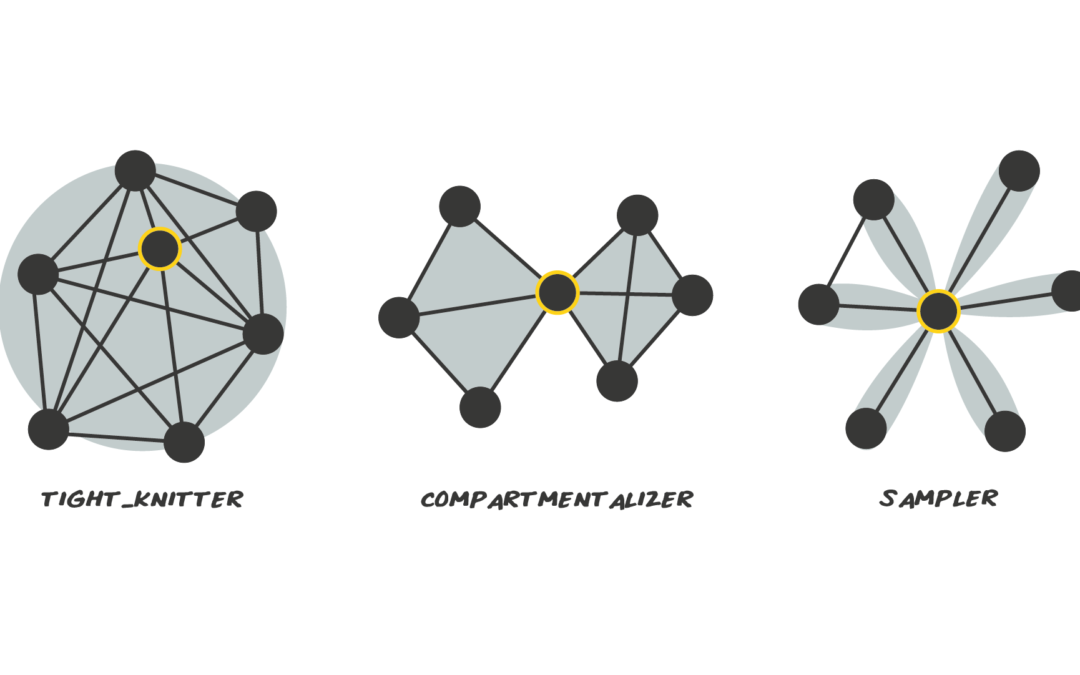
Including the network perspective in a relationship-centred practice
In brief In this Joining the Dots blog, founder of the Reliants Project Erica Young argues for the importance of including a network perspective in relationship-centred thinking and practice. Citing some of the leading researchers in the field, she outlines how...
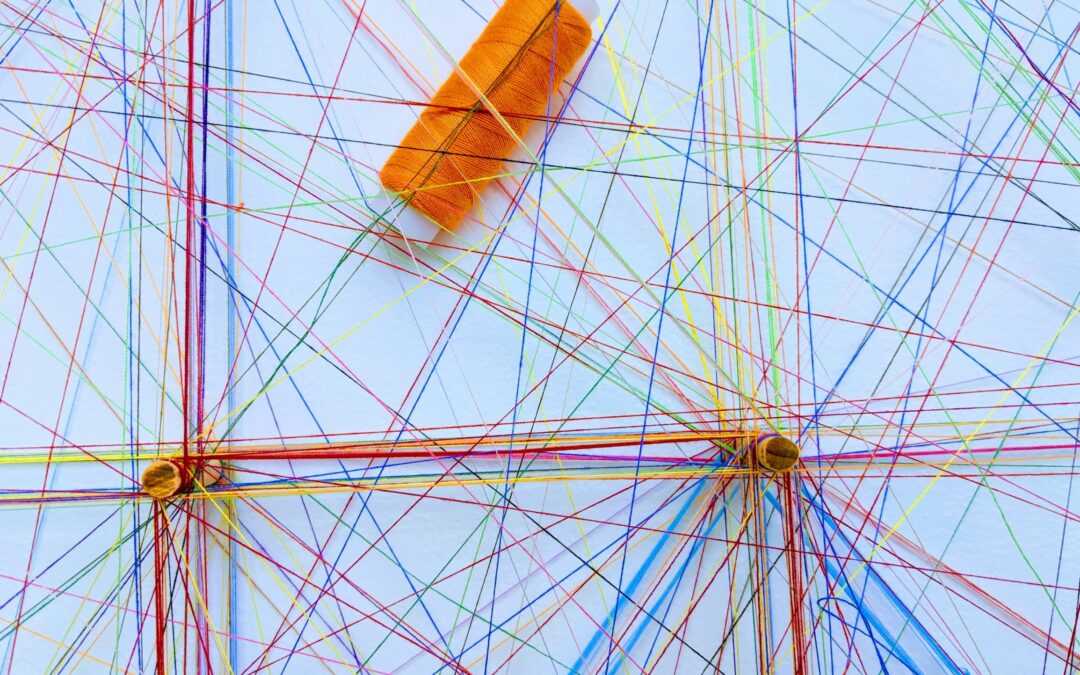
A Relationships Field?
In brief In this blog, Iona Lawrence and Immy Robinson ask whether taking a field-building approach could be valuable to the ‘field of relationships’ and ask for your ideas and partnership as we set out on this inquiry. If you're someone who puts relationships at the...
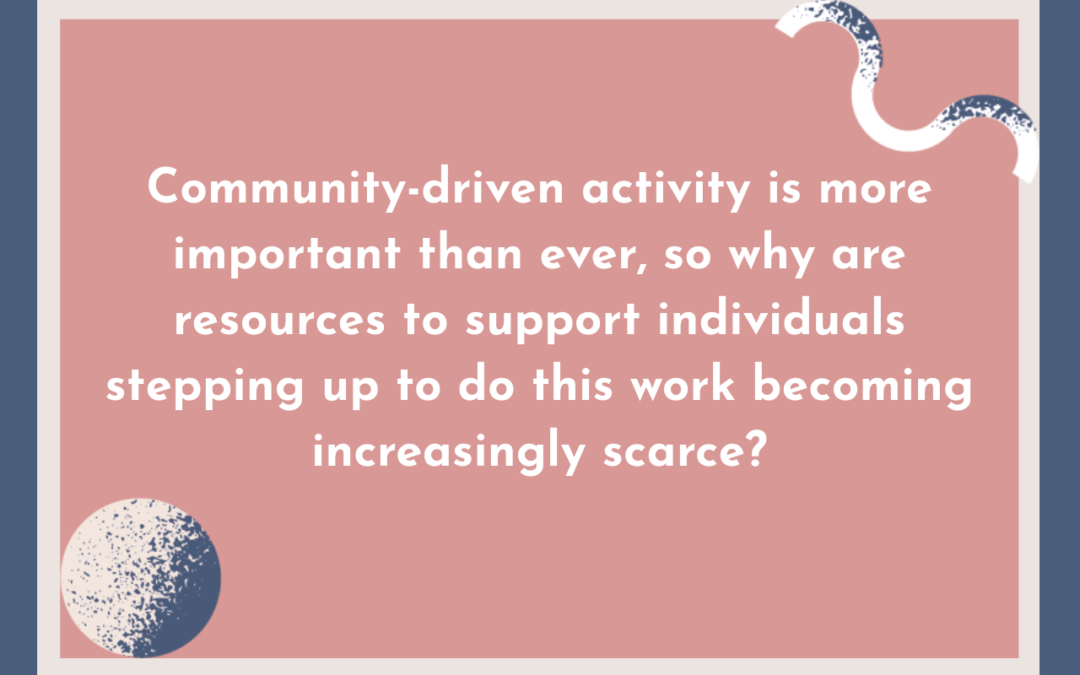
Caring for those who care for parents
In brief In this Observatory Sighting, Shift's Innovation Director Tayo Medupin explores the potential of a more people-powered future, and highlights the underinvestment in individuals stepping up and stepping in to help others in their community. We'll be...
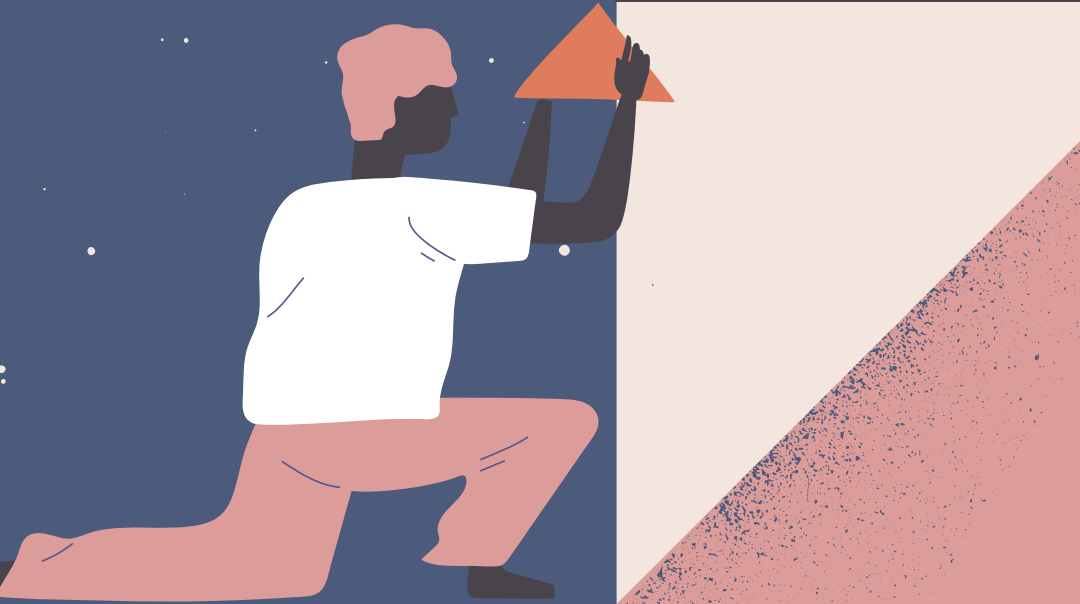
Supporting community businesses to become Relationships Makers
In brief We’ve partnered with Power to Change to support a cohort of community businesses to reflect on the power and potential of relationships and develop strategies for building successful businesses based on strong relationships. In this blog, we lay out our...

There’s No “Virus” Without “Us”: The Smoke and Mirrors of Independence in a Global Pandemic
In this Joining the Dots blog, Canadian graduate Prachir Pasricha reflects on the way COVID-19 has shone a light on the importance of a collective understanding of wellbeing. Prachir Pasricha recently graduated from the University of Western Ontario in Canada after...
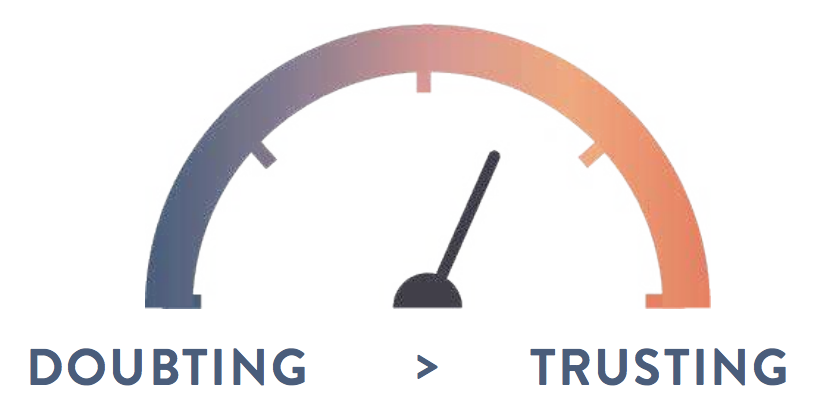
Micro Care
Are there clues in the pandemic experience for the development of more community based, relationship centred social care? What would need to change and what support would it require? Here, David considers the implications, and the potential, for transforming the approach to social care.
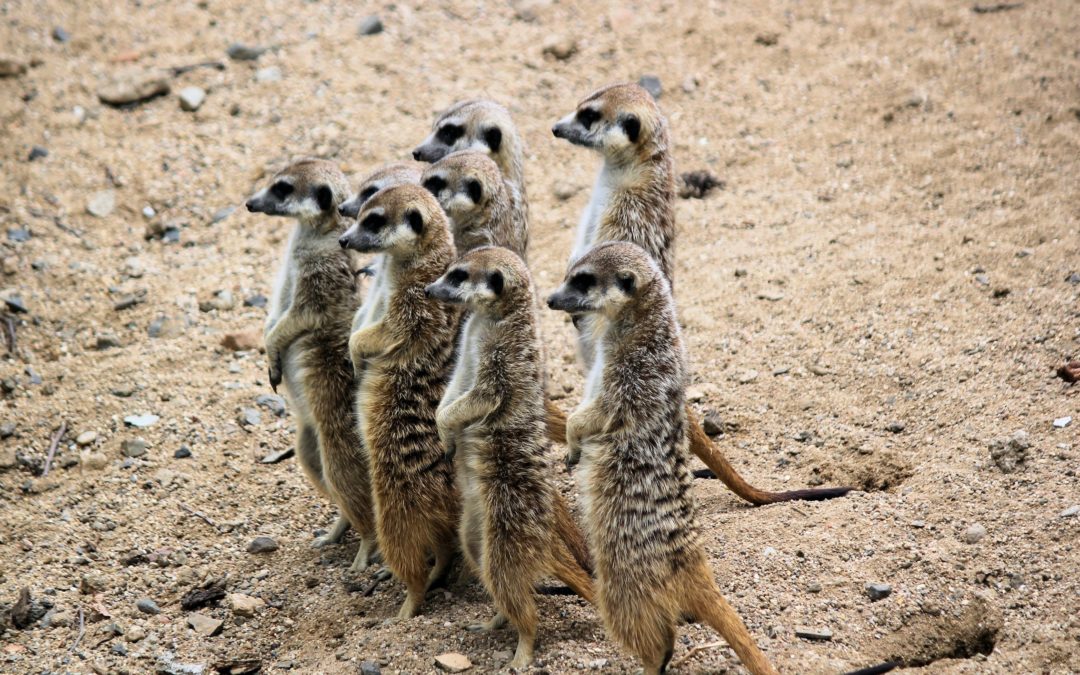
Huddle-craft: The power of micro ‘learning communities’ or ‘Huddles’
In brief In this Joining the Dots blog, co-founder of Enrol Yourself and friend of The Relationships Project Zahra Davidson discusses the power of Huddles; small, non-hierarchical learning communities who support one another to grow and learn. Zahra is co-founder of...
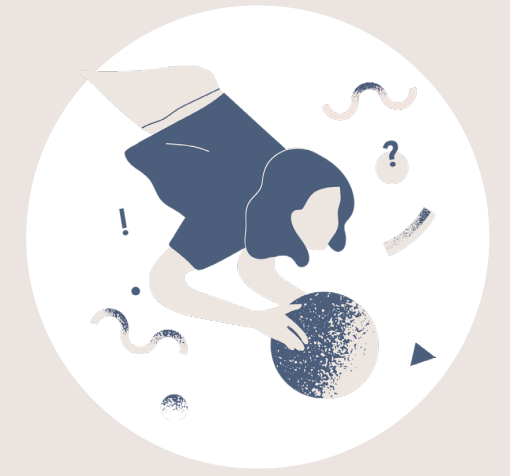
Developing the Framework: A paper for discussion
In brief In our report 'The Moment We Noticed: Learning from 100 days of lockdown', we invite you to join us in exploring how we might sustain the positives from the pandemic. This paper forms the backbone of our fourth invitation: to join us in developing the...
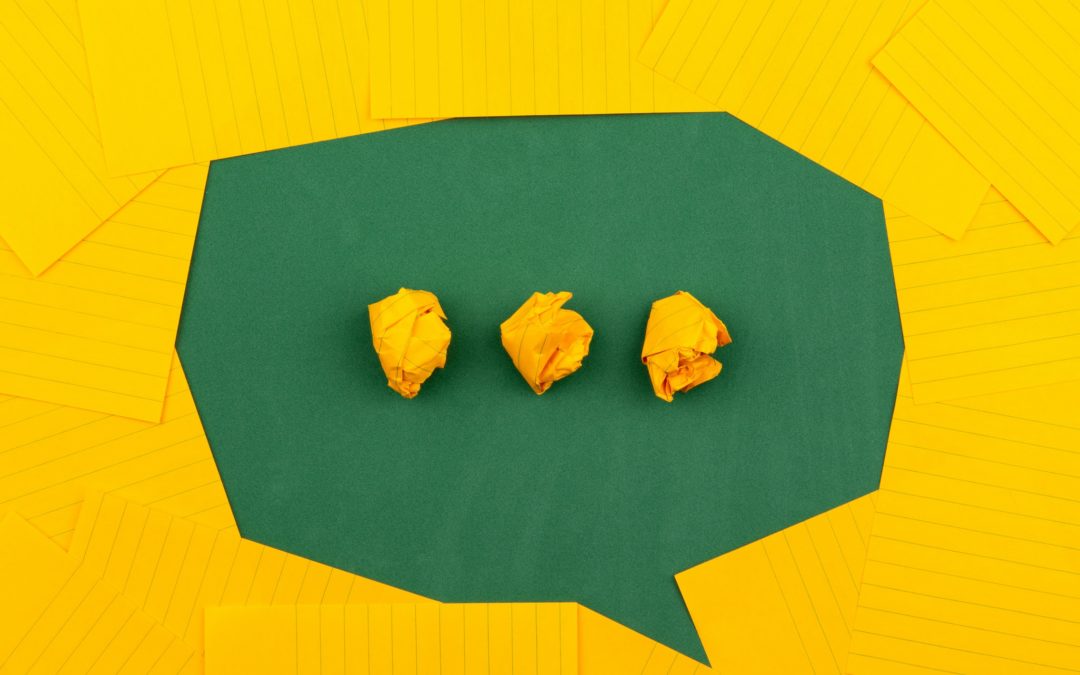
Shifting Power
In brief In this, the latest in our series of lockdown reflections by our network of observers, Relate's Director of Services, Ben Collins, reflects on what lockdown has taught us about power within service delivery. Another busy week in lock down – feeling...
